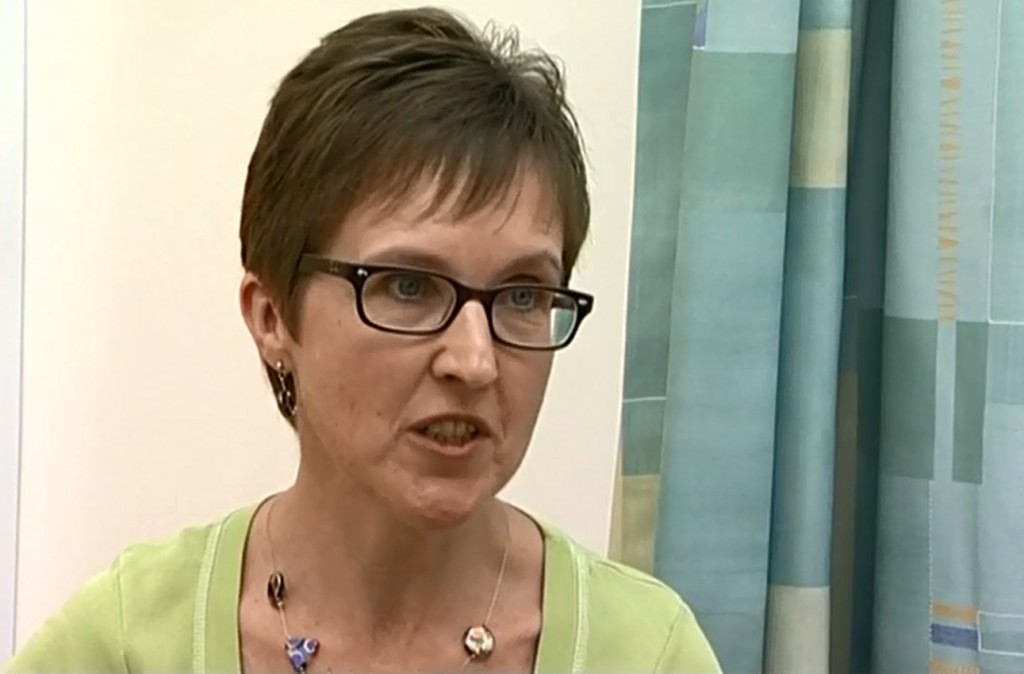On Wednesday, Ruth Atkins took the biggest risk in her life yet ─ allowing herself to be used as a “guinea pig” to trial a vaccine for the Ebola Virus Disease (EVD) by the Oxford University, UK.
Atkins is the first of 60 healthy volunteers for the safety trial, which could save the lives of millions of Africans at the risk of contracting the disease.
According to the World Health Organization, Ebola has infected some 5,357 people in West Africa this year, killing 2,630 of them mainly in Sierra Leone, Guinea and Liberia.
Nigeria was affected when an infected Liberian travelled to the country but the outbreak has now been contained after killing seven persons.

Atkins, speaking to the BBC in an interview monitored by TheCable, said when she heard of the outbreak of the disease, she was saddened and wished she could do something about it.
“I volunteered because the situation in West Africa is so tragic and I thought being part of this vaccination process was something small I could do to hopefully make a huge impact,” said Atkins, who previously worked as a nurse in the UK National Health Service (NHS).
On the morning of September 17, She was injected with the trial Ebola vaccine in her upper arm after a clinical assessment and a blood sample was taken.
“What can I do? I can’t go [to West Africa] and work. When I heard about the vaccine, I thought I can help. My little way of helping is to participate in the vaccine trial,” said the communications and engagement manager at the NHS.
She was initially apprehensive about the trial because of fears expressed by people that she might get infected with the virus and become ill.

“The whole staff of the institute have been brilliant in explaining everything to me when I came in for screening ─ brilliant in showing me what’s going to happen and what could be the side effects,” she said.
Atkins is hoping fervently that the vaccine would work and save lives.
“I want to make a difference in people’s lives,” she said.
She has been given a diary to complete for the first eight days ─ recording her temperature and everything she feels in her body.
“I have to come back for further blood tests till the end of March 2015,” she said.
Hopefully, it would work. And the deadly virus will be put in its place.
Copyright 2024 TheCable. All rights reserved. This material, and other digital content on this website, may not be reproduced, published, broadcast, rewritten or redistributed in whole or in part without prior express written permission from TheCable.
Follow us on twitter @Thecablestyle

May God see you through…Amen
This is service to humanity. Great minds leave footprints. It’s not how long but how well we lived.
When will you produce your own great minds in this part of the world? Always dependent on other people and mouthing silly platitudes..
God will make you come out successful in/with this!
You have now become a part of history!